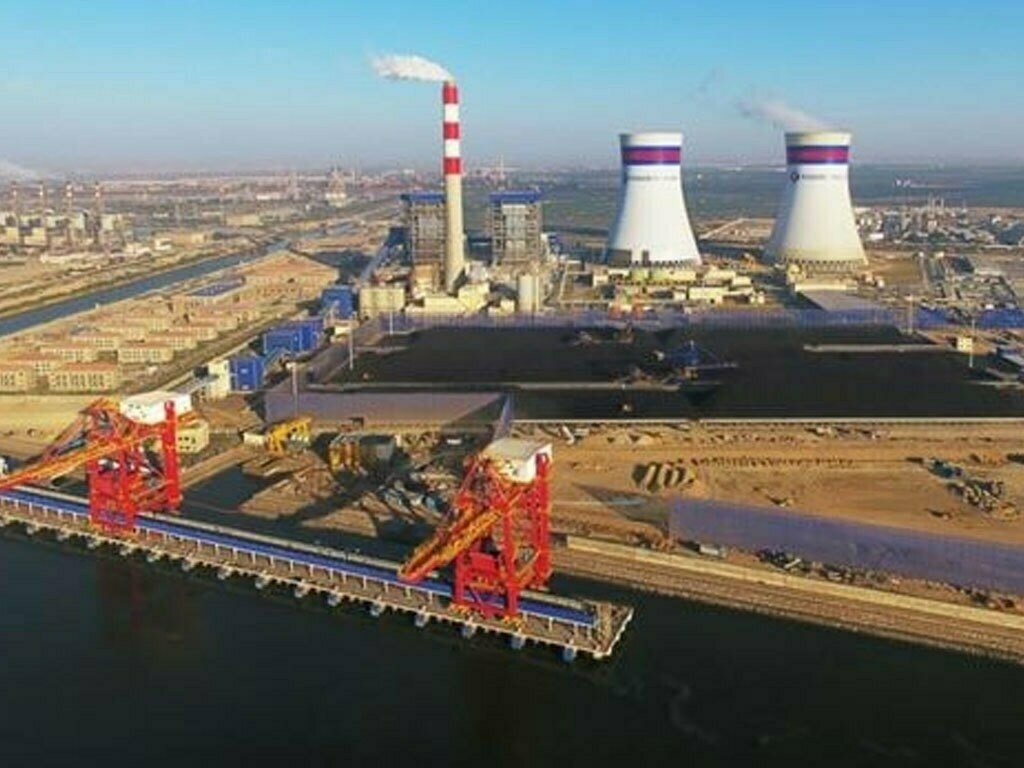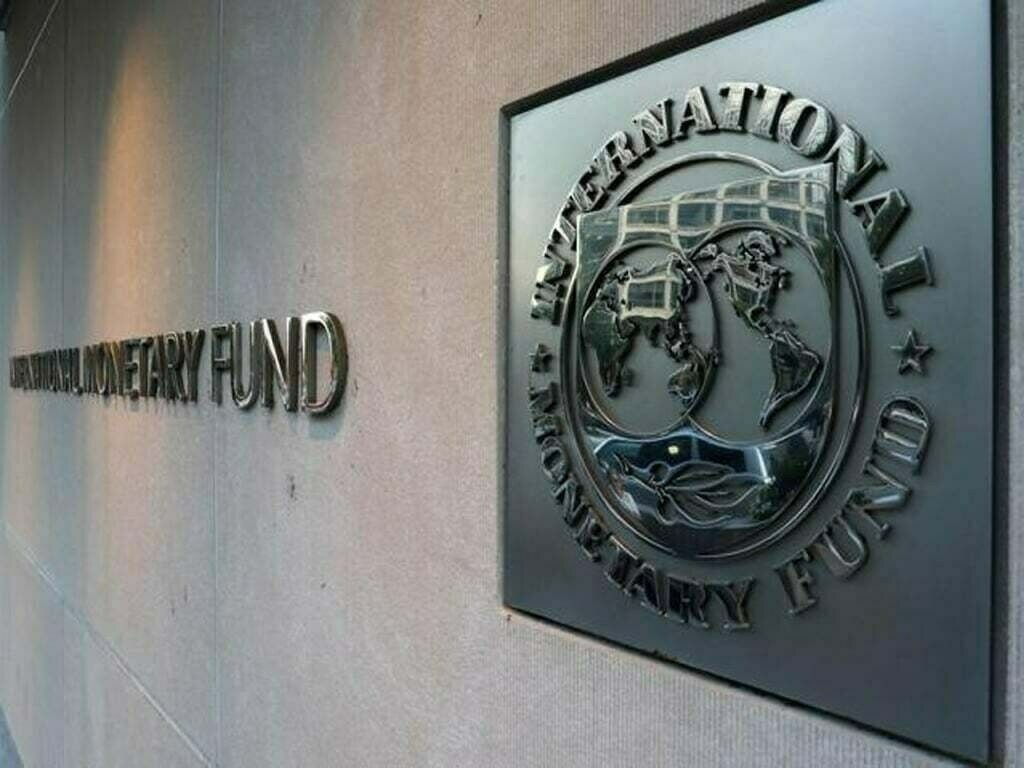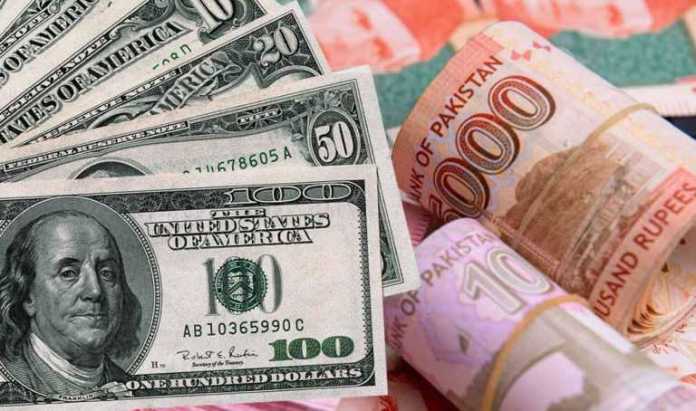A significant economic downturn, a Pakistani delegation is heading to Beijing to negotiate a reduction in interest rates and an extension in the repayment period of the substantial debt incurred for China-Pakistan Economic Corridor (CPEC) energy projects and nuclear power plants. Despite these efforts, representatives from major Chinese companies have firmly ruled out any renegotiation of the power purchase agreements (PPAs).
Representatives from three leading Chinese companies emphasized that any decision to restructure the energy debt lies between Chinese banks and Pakistani authorities. However, they made it clear that the terms related to their profits and the idle capacity payments, as agreed upon in the PPAs, are non-negotiable.
On Wednesday, Finance Minister Muhammad Aurangzeb is set to meet with Chinese officials to discuss an extension in the repayment period of the debt taken by the Pakistani government and Chinese companies from Chinese financial institutions. These loans were used to finance the establishment of nuclear power plants and various energy projects under the CPEC umbrella. According to a Power Division official, the total outstanding debt amounts to approximately $17 billion.
Pakistan has proposed extending the energy debt repayment period by up to eight years, switching the lending currency from the US dollar to the Chinese Yuan, and securing a reduction in interest rates. If these proposals are accepted, it could lead to a reduction in electricity prices by Rs6 to Rs7 per unit, with the Chinese power plants alone contributing to a Rs3 to Rs4 per unit decrease.
The Pakistani government is also seeking to convert interest instruments from the Secured Overnight Financing Rate (SOFR) to the Shanghai Interbank Offered Rate (SHIBOR), and to negotiate a cut in the interest spread over and above SOFR or SHIBOR. This would potentially lower the overall debt cost by around 5%.
Pakistan is aiming to extend the current 10-year repayment period by an additional five to eight years, spreading the debt cost over a total of 18 years. This fiscal year, Pakistan is scheduled to repay over $2 billion in energy debt to Beijing, a payment it hopes to defer to obtain some relief during these economically challenging times. The government is also seeking similar extensions for nuclear power plant loans financed by Chinese banks.
Recently, the Pakistani government announced a new average electricity price of Rs33 per unit, effective from July, with over Rs18 per unit attributed to idle capacity payments. Industrialists and residential consumers are increasingly pressing the government to renegotiate the PPAs to avoid these payments. However, the government itself benefits significantly from these idle capacity payments, second only to Chinese plants.
Executives from the Sahiwal Power Plant, Port Qasim Power Plant, and China-Hubco Power Plant stated that the “take or pay” condition in the PPAs is based on the 2014 energy policy and cannot be reopened. The combined capacity of these three plants is 3,960 megawatts, all established under the CPEC initiative.
The executives explained that most countries purchase electricity on a “take or pay” basis, and no foreign investor would be interested in setting up power plants in Pakistan on a “take and pay” basis. Under the “take or pay” model, the government must pay for the guaranteed capacity, regardless of whether it utilizes the power. In contrast, payments in a “take and pay” scenario are only made for the electricity actually purchased.
They reminded that 10 years ago, Pakistan faced severe power outages lasting 10 to 14 hours daily, which deterred local investors from the energy sector. “The 2014 power policy is the foundation of our investment in Pakistan,” noted a representative from the Port Qasim power plant.
The executives also highlighted that the core issues are high line losses, theft, and low recovery rates. They argued that Chinese companies should not be blamed for higher energy prices, asserting that their electricity costs are still lower than those of government-owned plants running on LNG. According to the government-issued merit order on July 16, the Port Qasim plant produced electricity at Rs13.88 per unit, the China-Hub plant at Rs13.93 per unit, and the Sahiwal coal plant at Rs18.30 per unit. In contrast, government-owned plants produced electricity at over Rs24 per unit.
The Chinese representatives pointed out that their return on equity is not higher than the prevailing interest rates in Pakistan. They also noted that due to Pakistan’s foreign currency crisis, they could not transfer dividends to their parent companies, resulting in depreciated profits.
Executives from the largest imported-coal-based power plants confirmed that they have been making regular debt payments since the commissioning of the plants, with most debts already repaid. However, any restructuring decision rests with the banks and their insurer, Sinosure.
They emphasized that the renegotiation of energy deals is not the solution and reiterated their commitment to reducing energy costs in Pakistan. They also mentioned that the government had not shared complete details of a German consultant study on converting imported coal power plants to local coal, stressing that any conversion must be based on scientific and evidence-based decision-making.
Former interim commerce minister Gohar Ejaz announced that the Federation of Pakistan Chambers of Commerce and Industry (FPCCI) plans to approach the Supreme Court to challenge the agreements with Independent Power Producers (IPPs), describing the situation as intolerable for every Pakistani’s right to life.




